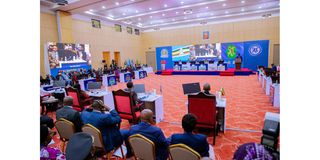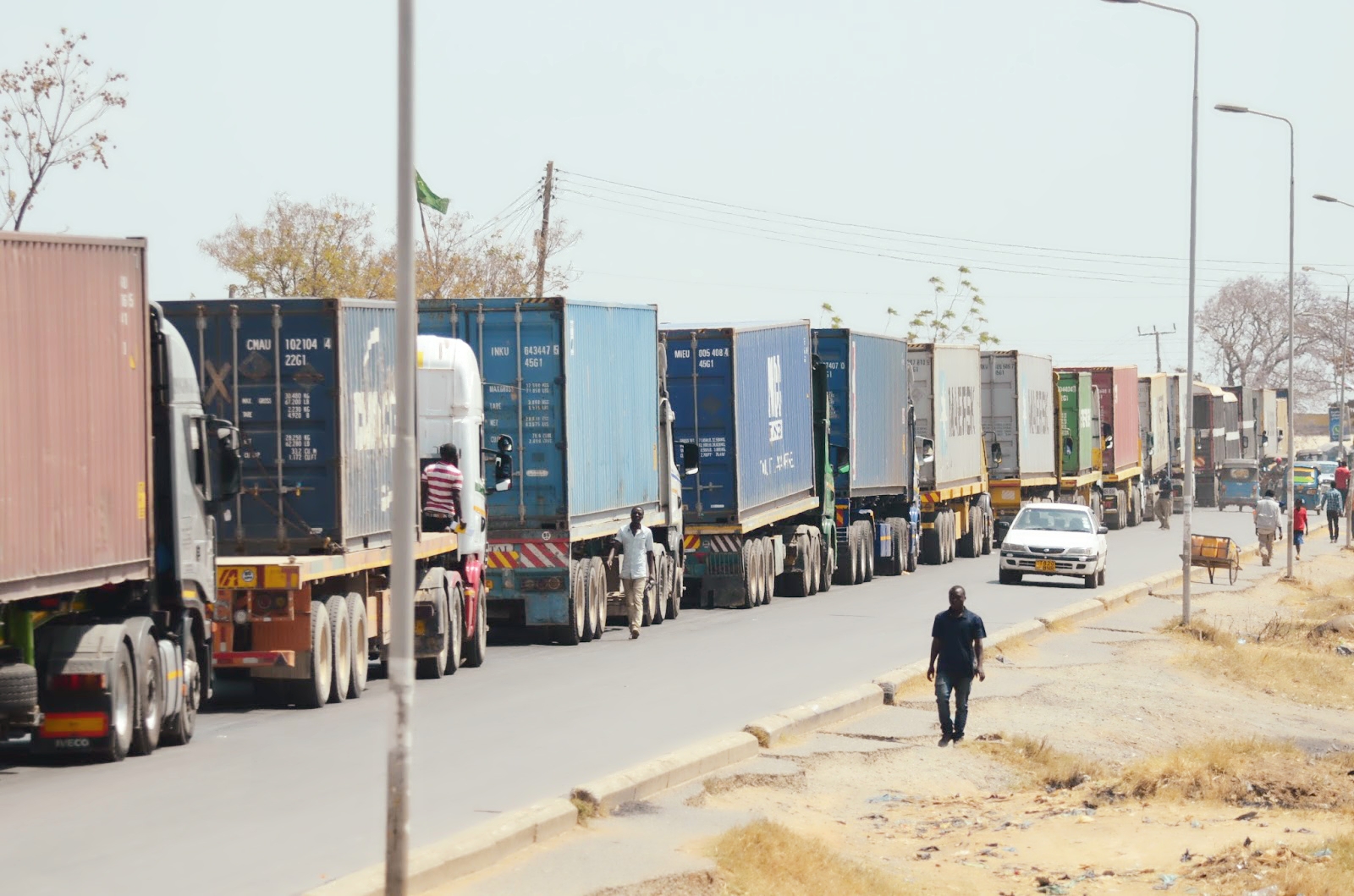EAC, SADC meeting on DRC crisis commences in Dar

What you need to know:
- The high-level summit, attended by heads of state and government representatives, sought to consolidate diplomatic efforts and push for an immediate ceasefire
Dar es Salaam. Regional leaders from the East African Community (EAC) and the Southern African Development Community (SADC) gathered in Dar es Salaam on Saturday, February 8, for urgent talks aimed at addressing the escalating conflict in eastern Democratic Republic of Congo (DRC).
The high-level summit, attended by heads of state and government representatives, sought to consolidate diplomatic efforts and push for an immediate ceasefire.
Tanzania’s President, Samia Suluhu Hassan, opened the summit by emphasising the need for a unified regional response to the crisis in eastern DRC.
She called on all parties involved in the conflict to prioritise peace and the well-being of the Congolese people.
“Our gathering here in Dar es Salaam presents an opportunity to strengthen relationships and engage in meaningful dialogue on what needs to be done to assist our fellow member states in addressing security challenges,” she said.
The meeting brought together key regional leaders, including Kenyan President William Ruto, Zimbabwean President Emmerson Mnangagwa, Zambian President, Hakainde Hichilema, and Rwandan President Paul Kagame, who attended in person.
DRC’s President Félix Tshisekedi attended virtually.
EAC Chairperson, President William Ruto, called for an immediate ceasefire, stressing that a military solution would not bring lasting peace.
He urged all conflicting parties, including the M23 rebel group and the Congolese armed forces, to halt hostilities and commit to diplomatic negotiations.
“The recent escalation of hostilities in Goma and surrounding areas is a stark reminder of the increasing fragility of the situation,” Ruto said, noting that only collective action to facilitate a negotiated solution will offer relief.
Dr Ruto also emphasised the importance of respecting the DRC’s sovereignty and territorial integrity, warning that continued violence would only deepen the humanitarian crisis.
“We must resist the temptation to think that we can somehow shoot or bombard our way into a solution,” he added.
SADC Chairperson, Mr Emmerson Mnangagwa, underscored the importance of unity between the two regional blocs.
He urged leaders to act decisively, drawing a parallel between the current crisis and Africa’s past struggles for independence.
“We have a duty and collective responsibility to comprehensively and frankly tackle the challenges that are affecting the people of Eastern DRC,” said Mr Mnangagwa, stressing that more has to be done to ensure sustainability for DRC’s peace.
He called for openness, honesty, and flexibility in peace efforts, emphasising that diplomacy should remain the primary tool for resolving the crisis.
President Hassan reaffirmed Tanzania’s commitment to supporting peace efforts in the DRC, stressing that history would judge regional leaders harshly if they failed to act.
“We have a collective responsibility to address the ongoing insecurity and challenges that have severely affected the well-being of innocent civilians.”
She further called for stronger cooperation between EAC and SADC, stating that a regional approach was the best way to achieve sustainable peace.
The summit in Dar es Salaam follows a series of separate meetings held by EAC and SADC in recent weeks to address the deteriorating situation in DRC.
In early August, EAC leaders met in Nairobi to discuss the deployment of a regional force to stabilise eastern DRC, a move that has received mixed reactions from different stakeholders.
SADC leaders convened in Luanda to deliberate on diplomatic initiatives and military support strategies.
Despite these efforts, fighting has continued, particularly between the Congolese army and the M23 rebel group, leading to further displacement of civilians.
According to humanitarian agencies, millions of people have been forced to flee their homes, worsening an already dire humanitarian crisis.
President Ruto called on the international community to step up support for regional peace efforts, urging collaboration with the Congolese government to ensure security and humanitarian relief.
“The lives of millions depend on our ability to navigate this complex situation with wisdom, clarity, and empathy,” he said.
He further proposed that the EAC-SADC initiative be backed by a strong secretariat to coordinate peace efforts, monitor developments, and ensure effective implementation of resolutions.
With continued violence threatening the region’s stability, the success of the EAC-SADC peace efforts remains crucial.
The coming weeks will be key in determining whether the ceasefire and diplomatic negotiations can hold, paving the way for a sustainable resolution to the long-running conflict.





